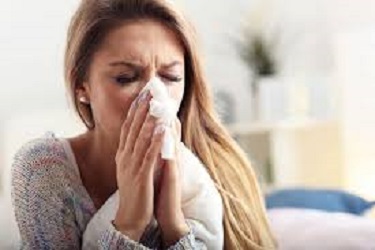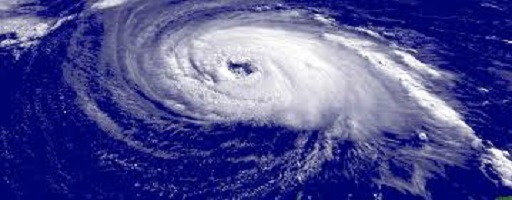
Food allergies are a common occurrence throughout America. We at On Call Medical Clinic would like to share some important information about food allergies that may be helpful.
More than 50 million Americans have an allergy of some kind. Food allergies are estimated to affect 4 to 6 percent of children and 4 percent of adults, according to the Centers for Disease Control and Prevention.
Food allergy symptoms are most common in babies and children, but they can appear at any age.
The body’s immune system keeps you healthy by fighting off infections and other dangers to good health. A food allergy reaction occurs when your immune system overreacts to a food or a substance in a food, identifying it as a danger and triggering a protective response.
While allergies tend to run in families, it is impossible to predict whether a child will inherit a parent’s food allergy or whether siblings will have a similar condition.
Symptoms of a food allergy can range from mild to severe. A food that triggered only mild symptoms on one occasion may cause more severe symptoms at another time.
The most severe allergic reaction is anaphylaxis — a life-threatening whole-body allergic reaction that can impair your breathing, cause a dramatic drop in your blood pressure and affect your heart rate. Anaphylaxis can come on within minutes of exposure to the trigger food. It can be fatal and must be treated promptly with an injection of epinephrine (adrenaline).
Below are the most common foods that cause allergies in people.
Eggs, Milk, Peanuts, Tree Nuts, Fish, Shellfish, Wheat and Soy.
Certain seeds, including sesame and mustard seeds , also are common food allergy triggers and considered a major allergen in some countries.
Symptoms of an allergic reaction may involve the skin, the gastrointestinal tract, the cardiovascular system and the respiratory tract. They can surface in one or more of the following ways:
- Vomiting and/or stomach cramps
- Hives
- Shortness of breath
- Wheezing
- Repetitive cough
- Shock or circulatory collapse
- Tight, hoarse throat; trouble swallowing
- Swelling of the tongue, affecting the ability to talk or breathe
- Weak pulse
- Pale or blue coloring of skin
- Dizziness or feeling faint
Anaphylaxis, a potentially life-threatening reaction that can impair breathing and send the body into shock; reactions may simultaneously affect different parts of the body (for example, a stomachache accompanied by a rash)
We at On Call Medical Clinic hope this information was helpful. We gathered this information from the American College of Allergy, Asthma, & Immunology’s website. Please remember that we are here 7 days a week when you need us. Please visit our website at www.oncallclinic.com to learn about all the services we offer as well as skin care services.



